Android Data Recovery
If you bring your phone everywhere you go, you may be exposing it to many threats. Here are some simple ways to secure your Android and keep all your private data safe.
Keep Your Device Encrypted
Check your phone’s settings to see available encryption options. Most smartphones will automatically encrypt your data when a device is not in use, only decrypting when you enter your password, PIN, or pattern. If someone tries to access the files inside your phone, they won’t be able to do that without knowing your PIN or password.
You can also find a number of apps in the Google Play Store that allow you to encrypt and password-protect your data.
Even if think you don’t store any sensitive data on your phone, you probably do. If someone steals your device, they could easily access your banking account, read your confidential emails or messages, steal your private pictures or get any number from your contact list. By encrypting your phone, you will prevent this from happening.
Use a VPN
A virtual private network (VPN) is an essential privacy tool, but it is still somehow overlooked by the majority of smartphone users. A VPN is a piece of software that you install on your smartphone to encrypt your internet communications, click here to give it a go.
It does so by sending your traffic via a remote VPN server that interacts with the internet on your behalf. Due to this setup your actual IP is hidden and your device is assigned the IP address of that server, meaning that your internet connection can only be traced back to the server, not your phone. This prevents snoopers, advertisers, and even your ISP (Internet Service Provider) from seeing what you do online.
If you regularly use public Wi-Fi, you will definitely want to use a VPN. Without one, anyone can snoop on your browsing while you are connected to an unsecured Wi-Fi network.
Note that you should always pay for a VPN service, as free VPNs are more likely to undermine your privacy than to augment it. A good option is NordVPN as it is relatively inexpensive.
Install Security Software
Most people have some kind of security software on their desktop PC and laptop to keep their gadgets protected from viruses and malicious software. However, we ignore the need for this kind of protection on our smartphones. Android is a much more open operating system than iOS. While this openness allows you to do more with your phone, it also opens up a host for vulnerabilities.
A good piece of antivirus software will keep your phone protected from malicious threats, alerting you when such files are downloaded, and providing you with the tools to remove them from your system. Historically, phone viruses have been a rare thing. However, they have been growing steadily in terms of both number and sophistication.
Check App Permissions Carefully
When you install a new app on Android, it will ask for permission to access certain types of data or capabilities of your phone. It is always worth reading the app description before installing it.
Android's permission settings are not very gradual; a good developer will use the app description to specify exactly why certain permissions are required, especially when it can seem as if the app is asking for things it doesn’t need. For example, if a flashlight app asks to access your contacts, it is a sign of nefarious intent.
Therefore, if the description doesn’t properly explain why the app needs specific permission, you should deny the request. If you have a rooted phone, you can take more control over the permissions that individual apps are granted. However, on stock Android, your choices are limited.
Use a Privacy-Focused Internet Browser
As you already know, a reliable VPN will go a long way towards enhancing your privacy online. However, if you really care about the security of your private data, you should also use a privacy-focused internet browser, such as Firefox Focus. Not only does it block tracking cookies by default, but it also completely erases your browsing history after each session.
If you want to take your privacy a step further, consider using the Tor Browser instead. When you connect to the internet with Tor, your computer first connects to a series of other computers. This disguises where you are making the original connection from, this way keeping your browsing and device information secret.
Keep Your Lock Screen Password-protected
Most people choose to use a simple 4-digit code to lock the screen of their devices, but it is not as safe as you may think. A short code is very easy to crack, so make sure to make it long and complex.
For example, a 10-digit code will take a long time to figure out, but if you want real security, you should use a strong password to protect your phone. A strong password consists of uppercase and, lowercase letters, numbers, and some special symbols.





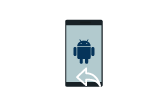






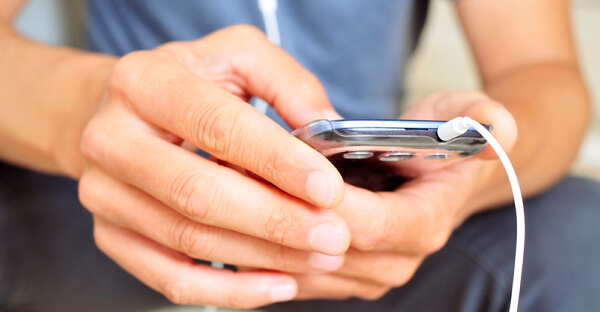
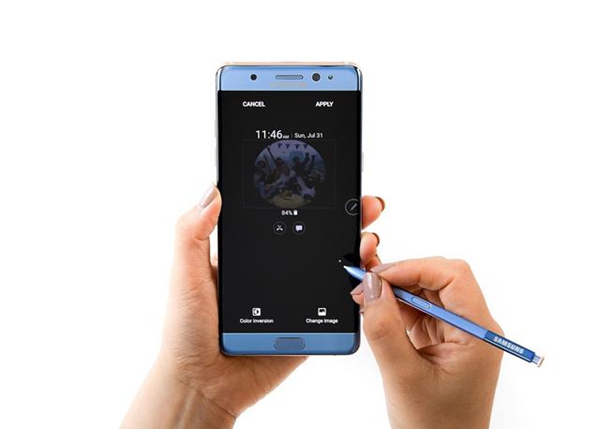
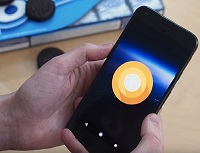


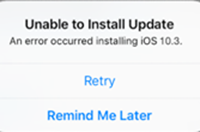
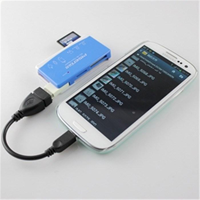




You have provided a really good information for people like us. Thank you as this information was necessary for my project in application support provider in USA.Please keep sharing